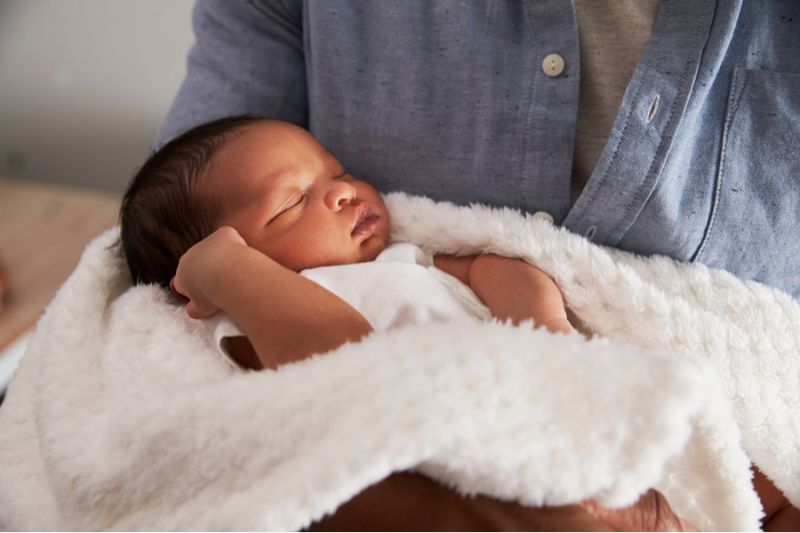Virginia Democrats block three bills restricting abortion

 null / Shutterstock.
null / Shutterstock. Washington D.C., Jan 27, 2023 / 14:40 pm (CNA).
A Democrat-controlled Virginia Senate committee voted down three bills that would have put more restrictions on abortion in the commonwealth, but similar bills are still being considered in the Republican-controlled House of Delegates.
The three bills would have taken very different approaches because each of them added abortion restrictions at different stages of pregnancy. Senate Bill 1284 would have banned nearly all abortions, Senate Bill 1385 would have banned abortions after the 15th gestational week, and Senate Bill 1483 would have banned abortions by the time of viability.
Virginia has some of the most permissive abortion laws in the country. Currently, a woman can get an abortion through her second trimester, which is at 25 weeks. According to the Mayo Clinic, a preborn child begins to hear at week 15, move his eyes around week 16, suck his thumb around week 21, and respond to someone’s voice at about week 25.
Senate Bill 1284, which was sponsored by Sen. T. Travis Hackworth, would have imposed the heaviest restrictions. It would have prohibited nearly all abortions and only provided exceptions for the life of the mother, rape, and incest. An abortion would have only been granted in the case of rape or incest if the probable gestational period was 20 weeks or less and an official police report was filed regarding the alleged offense.
The legislation would have made a violation of this law a Class 4 felony, which carries a punishment of between two and 10 years in prison and a fine of up to $ 100,000. The mother who receives the abortion would not have been subject to any civil or criminal penalties.
Senate Bill 1385, which was sponsored by Sen. Steve Newman and had the support of Gov. Glenn Youngkin, would have banned nearly all abortions after the 15th gestational week. It included exceptions for rape, incest, and the life of the mother. Similarly, a violation of the law would have been subject to a Class 4 felony.
Both bills were defeated in 10-5 votes in the Education and Health Committee, which were nearly along party lines. All nine Democrats opposed the bills, as did one Republican, Sen. Siobhan Dunnavant. The remaining five Republicans supported the bills.
Youngkin has supported the 15-week ban because of research that indicates the preborn child can feel pain at that point. When CNA reached out to the governor’s office for comment, a spokeswoman referred to comments the governor made to WDVM.
“Over 80% of Virginians have expressed a view that Republicans and Democrats should find consensus on this issue,” Youngkin said. “And consensus on this issue is when a child can feel pain at 15 weeks and to protect life then. I believe they’re way out of touch and there’s still a path forward in the House. I sure hope they start listening to the folks that elected them to come represent them.”
The third bill, which would have limited abortions, was sponsored by Dunnavant. Her bill, Senate Bill 1483, would have banned abortions at the point of viability, which could be anywhere between 22 and 24 weeks. This would prohibit abortion at 24 weeks and would prohibit abortion at 22 weeks if viability is determined by a physician and two consulting physicians. This bill was defeated on a 9-6 vote. Dunnavant voted against the other two proposals.
Several pro-life bills are still alive in the Virginia House of Delegates. However, even if they pass the House, they would need to pass the Democrat-controlled Senate committees, which failed to approve any pro-life bills. Last year, a bill that would have required doctors to perform life-saving treatments on any child born as the result of a botched abortion could also not get through the Senate committee process.
House leadership could not be reached for comment.
Since Roe v. Wade was overturned, several states have imposed stricter abortion rules. In a handful of states, abortion is almost entirely banned and some other states have lowered the cutoff limit for abortions. Some of these laws are currently being challenged in court.





